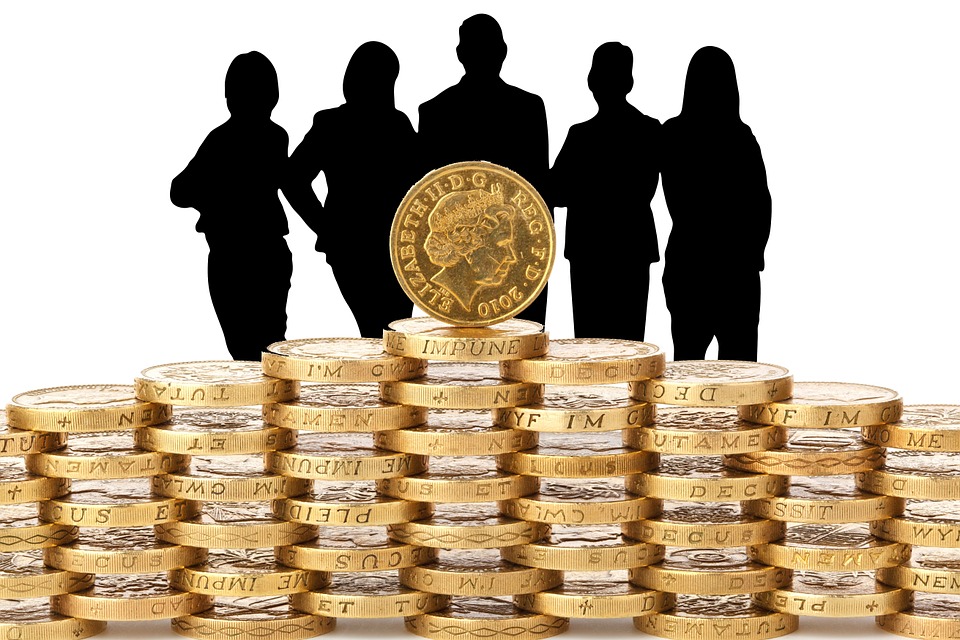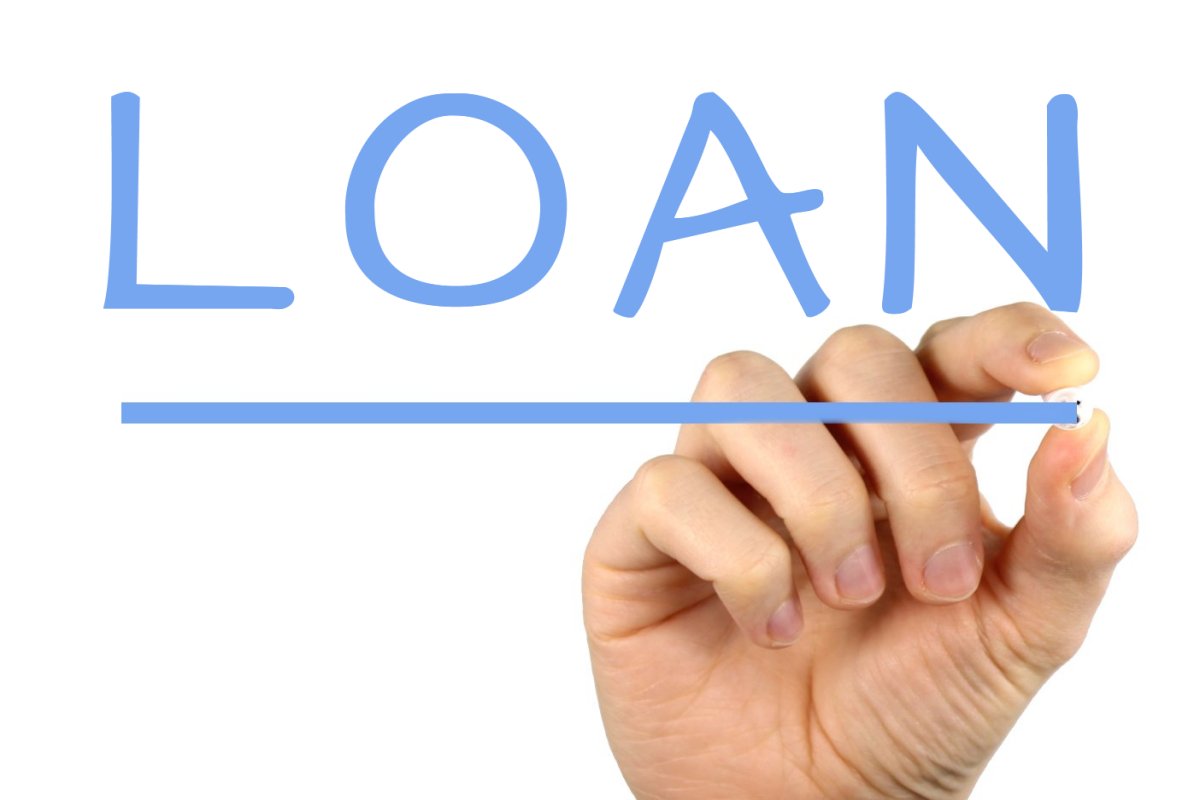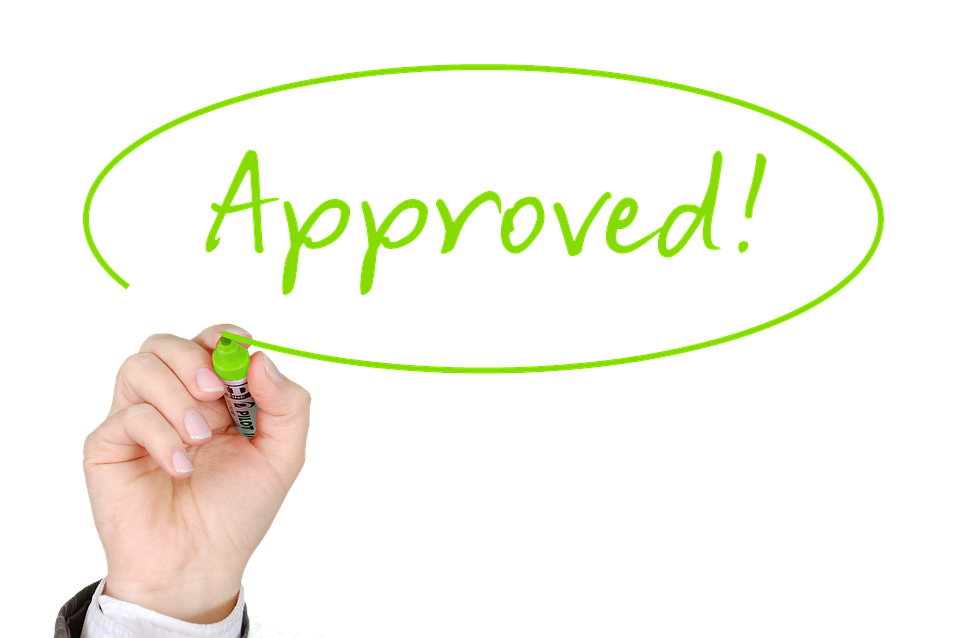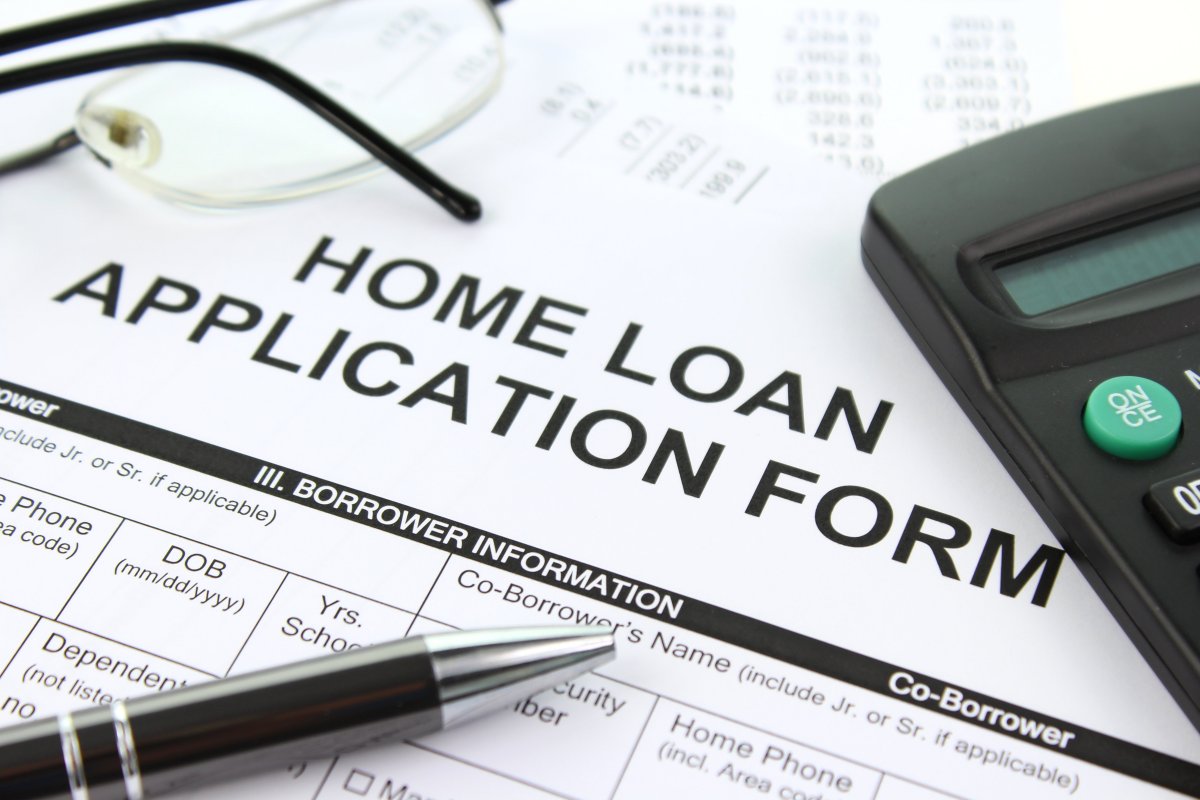What is an Unsecured Loan? – The Complete Guide
What is an unsecured loan? If you’ve had any experience with banks, then you might have heard things like secured loans or unsecured loans. While most of the loan servicers will tell you what are the major differences between them and what are the conditions of securing one of the two types of loans, there are some who choose only to represent the fine outlines.

Are you, by any chance, thinking to secure a loan for a new car, or maybe for another house? Then we will tell you all you need to know in order to understand the finer points of both types of loans, and what you’ll need to do in order to secure them.
So, the question now is: what is an unsecured loan? Tune in with us an we will tell you everything you’ll need to know before taking the big leap of faith.
What is an Unsecured Loan?
We are first going to start off by telling you the story of the unsecured loan. According to the great financial dictionary, an unsecured loan is a type of debt that does not require any type of collateral. To put it layman terms, an unsecured loan is that kind of debt for which you don’t need to put forth any form of assurance.
To give you an example, let’s assume, for a moment, that you want to buy a new washing machine or a new computer. As the prices are much too high, the most obvious course of action would be to acquire a personal needs loan.
For this purpose, you’ll want to go to the bank in order to discuss the terms of your loan contract. Because the institution does not require any kind of collateral to cover for the sum of money in case you default, it will propose a higher interest at the end of the month.

Furthermore, all types of unsecured loans (we will talk about them in a moment) are approved according to the 5 Cs system: capacity, collateral, character, capital, and conditions. The 5 Cs system is a part of the so-called client’s creditworthiness, or how likely it is for the bank to trust you with a loan.
If you, as a client, fulfill all of the conditions mentioned above, then you will have received the loan at a certain interest, which, as we’ve stated before tends to be a lot higher than that on a secured loan due to the fact that there are no collaterals involved.
In case you were wondering what are the main types of unsecured loans, then we are one step ahead of you. So, according to the major financial taxonomy, these types of loans befall under the unsecured category:
- Credit Cards;
- Personal Loans (with signature);
- Personal Lines of Credit;
- Student loans;
- Various home improvement loans.
Another factor that can determine your creditworthiness is the so-called credit score. This type of variable is usually established by your creditor using your borrowing history. For example, if you’ve secured one or more loans in the past and managed to pay them off on time, your credit score will be high, thus increasing your chances of securing a new loan.
On the other hand, if you have a poor credit score, the lenders will be more skeptical when you apply for a loan. In fact, some of them will deny your credit request, and those who will be willing to make you an offer will demand a high interest.
Typically, what is above 700 is considered a good credit score. If you have a credit score situated between 640 and 700 you might have trouble obtaining an unsecured loan. Furthermore, the lenders who are willing to give you credit will surely demand a high interest since it is considered a high-risk operation.
If your credit score is way below 640, then you must seek out alternative means of financing your personal projects since no loaner will be willing to give you an unsecured loan. So, what is an unsecured loan and, more importantly , how can it be obtained?
How to Get and Unsecured Loan – Step-by-Step Guide and Tips
After established what is an unsecured loan, the next thing we’re going to show is how you can get one. Before moving on to our “how to” section, we have to tell you that securing a loan, be it secured or unsecured, is a big step and requires commitment.
If you think that you’re not ready to say the big “Yes” then you should probably reevaluate your perspective. Ask yourself questions like: “will I still have a job for the entire period of the loan?”, “can I make the payments on time?”, “is my credit score good enough?”, “do I really need a loan right now?” or “should I opt for a secured or an unsecured loan?”.
Now, if you’re committed to taking this step, there here’s what you’ll need to know about obtaining an unsecured loan:
- Decide on the sum you want to borrow from the lender. Typically, unsecured loans lenders will be able to offer you anywhere between $1,000 and $50,000. If the loan does not cover your projects, then you may need to apply for a secured loan.
- Make sure you have a good credit score. When applying for an unsecured loan, your lender will check your overall credit score to see if you qualify for a credit. If your credit score is lower than 640, then you won’t be able to obtain a loan. On the other hand, if your score is far above 700, then you’re good to go. Remember that even being rejected for a credit application will lower your credit score.
- Take the steps to improve your credit score. If your credit score is far below the average, then you should improve it if you are still planning on obtaining an unsecured loan. There are many ways in which you can do this, but the most common and sensible solution is to pay your bills on time.
- Banks, Lenders or Online Lenders? Another thing you should take into account when asking yourself that question: what is an unsecured load and should I get it is your credit provider. If you already have an account opened at a bank, then you should definitely go and inquire about the terms.
Still, banks tend to charge you extra on interest since they have higher costs of operations. Another sound option is to seek our private lenders or to apply for an online loan. The advantage of choosing private loaners is that they have lower costs of operation, and will ask for a smaller interest. However, even private loaners will use your credit score in order to determine your eligibility.
Here are some examples of banks and loaners who can offer an unsecured loan, provided that you have a good credit score and who can provide you with more information about what is an unsecured loan:
|
Name |
Type | Borrowing Limit | APR | Required Credit Score |
| Peer-to-peer* | $40,000 | 5.99% – 35.89% |
At least 600 |
|
| Prosper |
Peer-to-peer |
$35,000 |
5.99% – 35.97% |
At least 640 |
| LightStream |
Peer-to-peer |
$5,000 – $100,000 |
5.99% – 11.99% |
At least 600 |
| Avant |
Online Lender |
$1,000 – $35,000 |
9.95% – 36% |
Between 580 and 700 |
| Wells Fargo & Co |
Bank |
$3,000 – $100,000 |
6% – 8% |
At least 700 |
| Citigroup Inc. |
Bank |
$10,000 – $50,000 |
9.99% – 14.99% |
At least 650 |
| PNC Financial Services Group Inc. |
Bank |
$1,000 – $100,000 |
As low as 7,74% |
At least 650 |
| Vouch |
Vouch-based lender |
$500 – $15,000 |
7.35% – 29.99% |
At least 600 |
| Toronto-Dominion |
Bank |
$2,000 – $5,000 |
Under 10% |
At least 680 |
| SoFi |
Student Loan Refinancing |
$5,000 – $100,000 |
5.95% – 12.99% (without Autopay); 4,74% – 11.35% (with Autopay) |
At least 700 |
| Peerform |
Peer-to-peer |
Up to $25,000 |
7.12% – 28.09% |
At least 600 |
*The peer-to-peer lending system, also known as P2P lending, is mostly associated with unsecured loans. Through this borrowing system, the lenders are matched with the borrowers over the web, thus decreasing the chances of incompatibility.
- The next step in our what is an unsecured loan article is submitting your identity. After finding a suitable loaner, you will be required to submit some sort of identity proof. In general, lenders tend to ask for the following documents:
- Social Security Number;
- Driver’s License;
- Passport;
- State ID.
- Confirm your Living Address. The loaner will ask you to confirm your current address. For this purpose, you will need to submit copies of your utility bills, lease, or any mortgage-related documents. If you want to confirm your address using utility bills, ensure that they are recent.
- Income verification procedure. You loan leader will want to make sure that you will be able to repay your debt. For this reason, the company will more than likely ask you to submit your latest paycheck stubs. In rare circumstances, the lender might ask you to bring other types of documents, like the W-2 form.
- Please tell your loaner if you have any other debts. Among the last questions, the loaner will ask, is if you have any other debts. In case you do, please provide this information to the loaning office. Now, if your other debts exceed your financial capacity, then the loaner might refuse to approve your credit since you will not be able to repay it.
- If the information you’ve provided is accurate, then the loaner will inform you when to come and withdraw the money. If you have an account opened at a bank, and you apply for a loan there, then the sum will be transferred into your account. On the other hand, if you apply for an unsecured loan at a bank where you don’t have an account, then the loaner will open one in your name.

So, what is an unsecured loan? As you’ve seen in our article so far, an unsecured loan is a debt for which you don’t have to present any type of collaterals. Compared to a secured loan, an unsecured loan has a higher interest, depending on your overall credit score and the loaner.
The better your credit score, the more chances you’ll have to secure a lower APR. Furthermore, it would be better to go with a private lender than with a bank as they have smaller operation costs. But, be very careful when choosing a private lender.
Although most of them have impeccable credentials, there are some who will try to swindle you. These types of scammers will more likely try to lure you in with low APRs and various reimbursement methods, but will keep away from you some details.
What is an unsecured loan? It is probably the most convenient way of obtaining a loan since there are no collaterals involved in the deal. Of course, the APRs tend to be a lot higher than in the case of a traditional secured loan, but you don’t have to worry about losing your house, car or other collaterals if you default on your contract.
Furthermore, in the unfortunate event that you will no longer be able to pay off your rates, it’s very likely that your loaner will have some sort of contingency plan for this type of situation. Most loaners, be them banks or private firms, are understanding, and will be able to provide with some form of pay postponement.
Here are a couple of more things you should take into account when asking yourself the question: what is an unsecured loan?
One more thing you should keep in mind before applying for a personal credit is the difference between prepayment penalties and unpunctual penalties. After signing the consent, your loaner will tell the precise date when you’ll need to pay your monthly rate.

If you pay earlier than the established date, you loaned may apply the so-called prepayment penalties. The reason why this happens is simple: if you choose to pay earlier, your loaner will not receive the same income from your interest, and, he will need to add a little more in order to cover these gaps.
Alternatively, if you run late with your payments, the company will charge you extra. Depending on the loaner’s policies, this penalty might be as low as a few bucks, or very high.
Bottom line: you should pay your monthly rate at the time indicated by your contract. That way, you won’t receive any kind of penalties, which, in turn, might lower your credit score and forfeit any future chance of getting a personal needs credit.
We hope we’ve answered all of your questions regarding what is an unsecured loan. Should you have any more inquiries about loaning conditions or up to date APRs, we strongly encourage you to contact the loaner.
Furthermore, we seize this opportunity in order to remind you of the most crucial aspect of obtaining an unsecured loan: commitment. Before going to your local loan giver, please re-evaluate your situation in order to determine if your really need this personal needs credit or not.
If you want to apply for a loan for an object which you could have easily bought by putting money aside, then we strongly advise you not to take this course of action. Of course, should you have additional doubts regarding what is an unsecured loan, please leave us a message and we will try to reply as soon as possible.
This site uses Akismet to reduce spam. Learn how your comment data is processed.
As a participant in the Amazon Services LLC Associates Program, this site may earn from qualifying purchases. We may also earn commissions on purchases from other retail websites.
Find us on Facebook
Recent Posts
- Forex Indicators: 4 Indicators Investors Should Know
- Best Money Clip: 10 Options to Secure Your Cash
- What is a Savings Account? Explaining Why You Should Have One
- Clarity Money Review: A One-Stop-Shop
- What Do Investment Bankers Do? Ultimate Guide
- Top 10 Best Investing Books
- Best Bitcoin Mining Software: Top 5 Revealed
- Depreciation Methods: Our Top 4 Picks





Leave a Reply